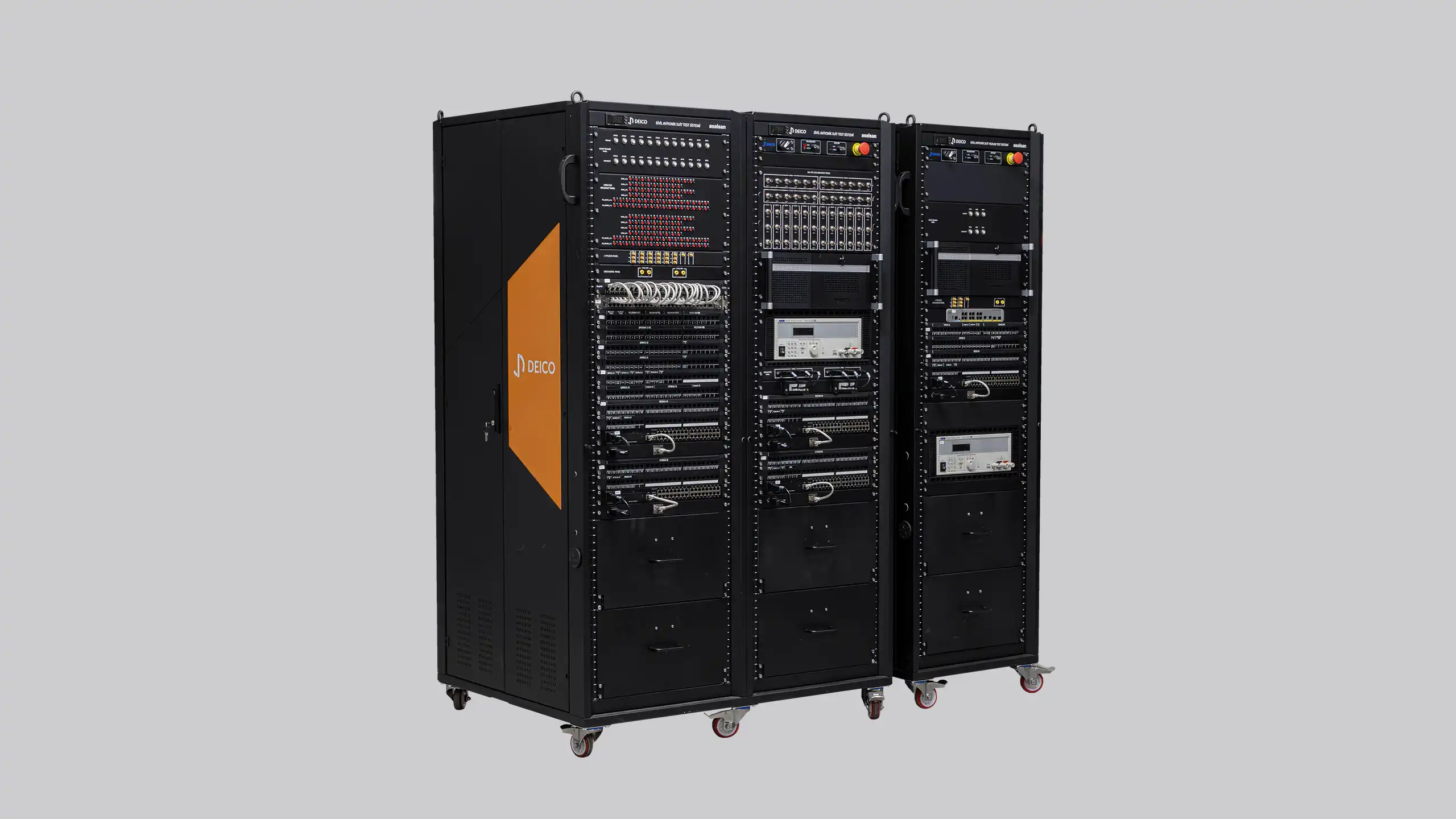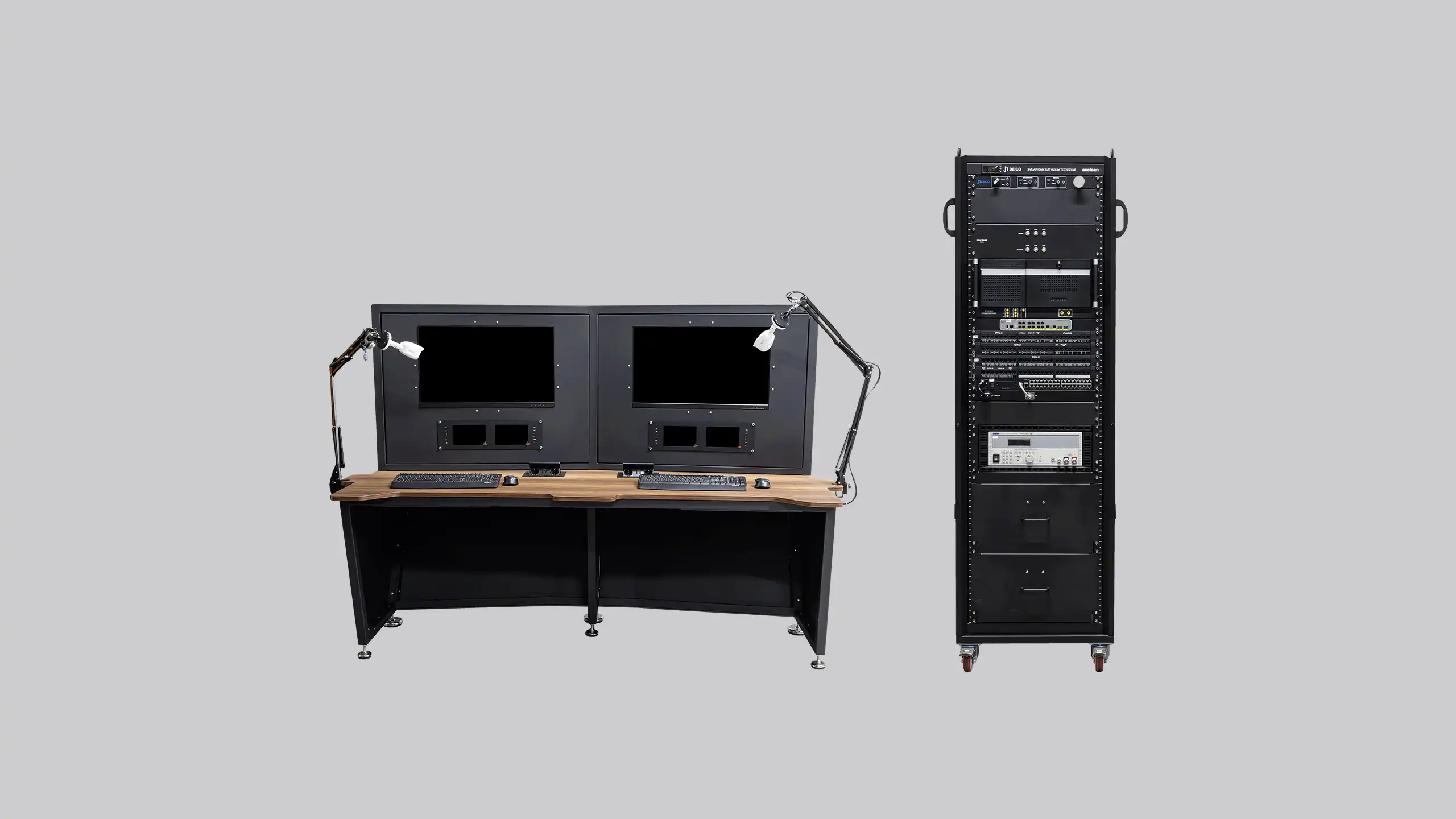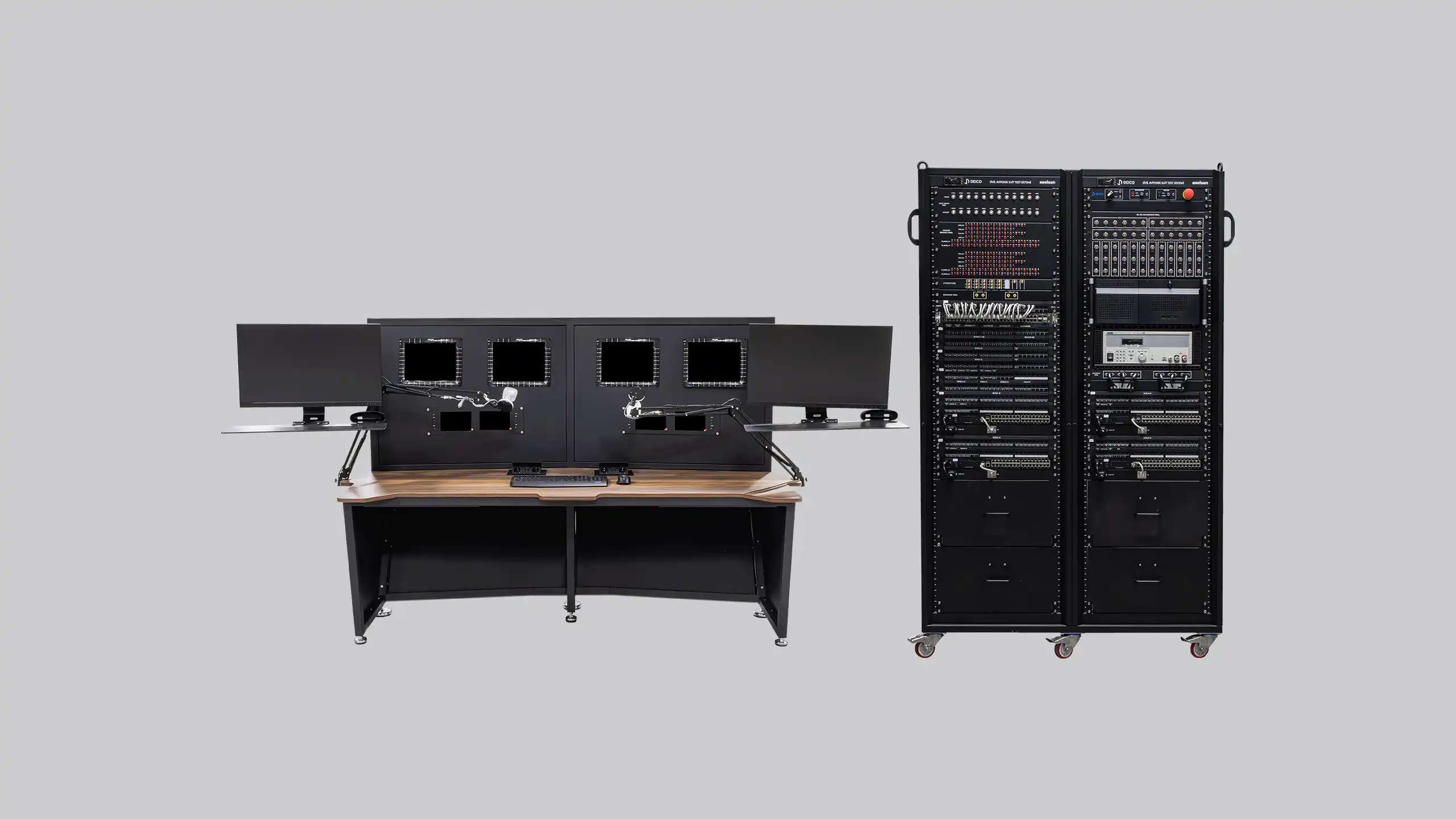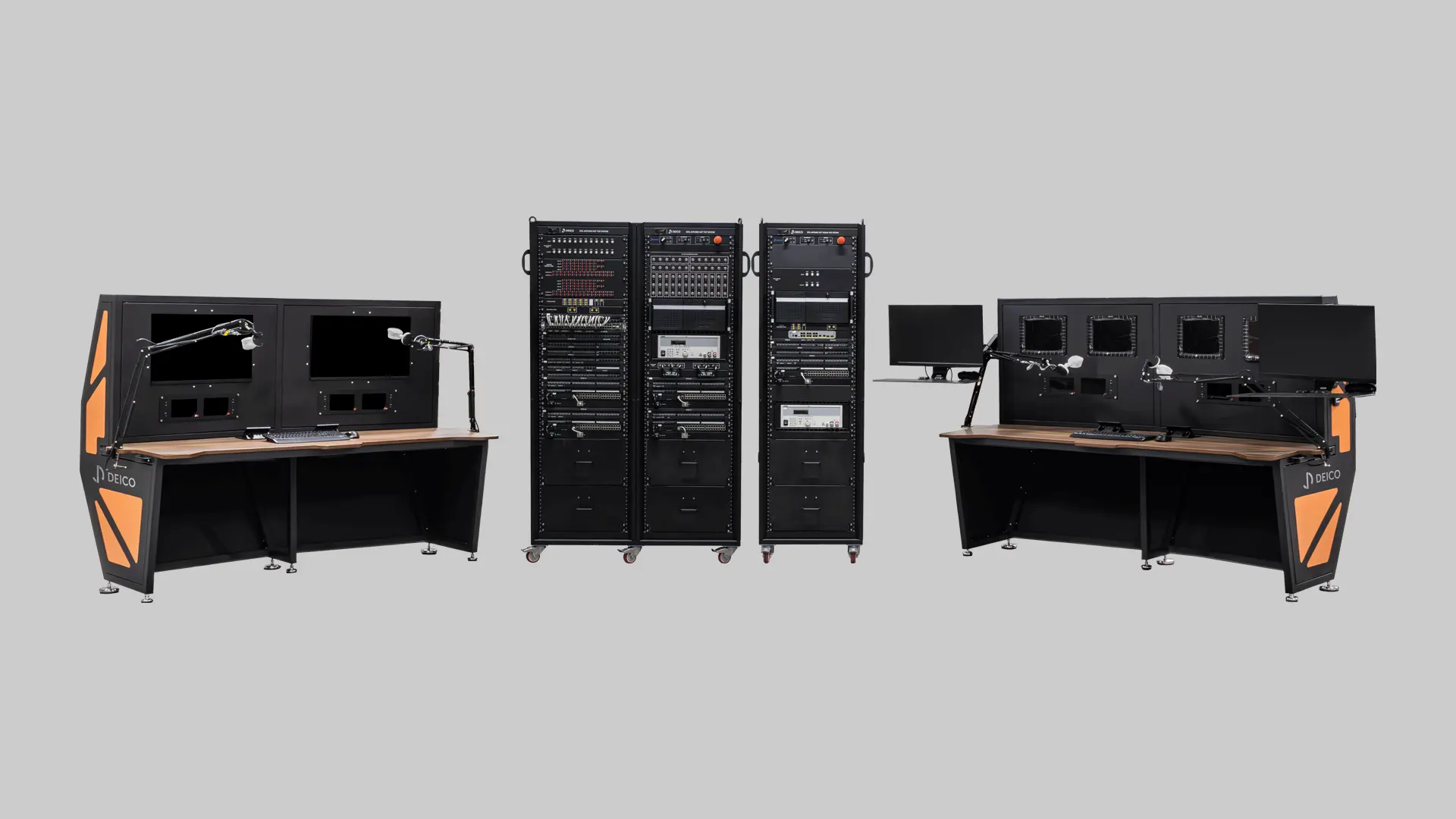System Integration Laboratories
System Integration Laboratories (SIL) are controlled environments used to validate the interaction of hardware and software components across complex systems in aerospace, automotive, defense, and energy industries.
Aerospace
Defense
Automotive
Table of Contents

The Role of System Integration Laboratories
In the development of large and complex systems, multiple subsystems are often developed by different teams or suppliers. While each subsystem may function correctly in isolation, integrating them into a cohesive system presents unique challenges. These challenges include:
- Communication Protocol Compatibility: Ensuring different components can exchange data reliably.
- Timing and Synchronization: Aligning operations across distributed systems.
- Fault Handling: Verifying how the system responds to faults at the subsystem level.
System Integration Laboratories address these challenges by creating a controlled environment where engineers can test and refine the interactions between subsystems. By simulating real-world conditions, SILs provide invaluable insights into system behavior, helping identify and resolve issues early in the development lifecycle.

Key Features of System Integration Laboratories
- Scalable Test Environment: SILs are designed to accommodate a wide range of subsystems, from a few components to highly complex architectures. This scalability ensures that the lab can evolve alongside the system being developed.
- Real-Time Simulation: Real-time simulation platforms, such as PXI or FPGA-based systems, enable engineers to test the interaction of components under dynamic conditions, replicating real-world scenarios with high accuracy.
- Communication Protocol Support: SILs support various industry-standard communication protocols, including CAN, ARINC-429, MIL-STD-1553, Ethernet, and more. This ensures seamless integration of diverse subsystems.
- Fault Injection Capabilities: Fault injection tools allow engineers to simulate failures in hardware or software subsystems, verifying the system’s ability to detect and respond to faults.
- Mass Interconnect Systems: Standardized interfaces ensure quick and reliable connections between different subsystems, streamlining the integration process.
- Automation and Data Management: Advanced automation tools enable repeatable testing of complex systems, while integrated data management systems ensure traceability and compliance with regulatory standards.

Applications Across Industries
- Aerospace and Defense: Testing the integration of avionics systems, navigation systems, and mission-critical components in aircraft or unmanned aerial vehicles (UAVs).
- Automotive: Validating the interaction of powertrain control units, advanced driver-assistance systems (ADAS), and in-vehicle networks.
- Energy: Ensuring seamless integration of power generation, storage, and distribution systems in renewable energy plants or microgrids.
- Industrial Automation: Testing factory automation systems, robotics, and process control equipment for synchronized operation.
Advantages of System Integration Laboratories
- Early Issue Detection: SILs allow engineers to identify and address integration issues early in the development cycle, reducing costly delays.
- Improved System Reliability: By testing the system as a whole, SILs ensure that subsystems work together seamlessly, minimizing the risk of failures.
- Reduced Development Time: Automated testing and fault simulation accelerate the integration process, enabling faster time-to-market.
- Compliance with Standards: SILs help organizations meet regulatory requirements and industry standards by providing a controlled and traceable testing environment.
DEICO System Integration Laboratories
We specialize in designing and delivering state-of-the-art System Integration Laboratories tailored to your specific needs. Our solutions include:
- Customizable Test Benches: Modular and scalable test setups that can accommodate subsystems of varying complexity.
- Real-Time Simulation Platforms: PXI-based platforms for high-fidelity simulation of system dynamics and interactions.
- SLSC-Based Signal Conditioning: Routing and fault injection modules designed to handle diverse signal types and protocols.
- Mass Interconnect Solutions: Standardized and flexible interfaces to streamline subsystem connections.
- Test Automation Tools: Comprehensive automation solutions to manage and execute complex test scenarios efficiently.
In addition, we integrate third-party hardware such as oscilloscopes, multimeters, power supplies, and network analyzers to meet the specific requirements of your system. Our expertise in hardware and software integration ensures that your SIL is optimized for performance, scalability, and reliability.
System Integration Laboratories are critical for the successful development and validation of complex systems. By providing a controlled and collaborative environment, SILs enable engineers to test and refine subsystem interactions, ensuring seamless integration and robust performance. We combine cutting-edge technology with industry expertise to deliver tailored SIL solutions that meet the unique challenges of your projects. With our support, you can confidently bring your systems to market with enhanced reliability and efficiency.
